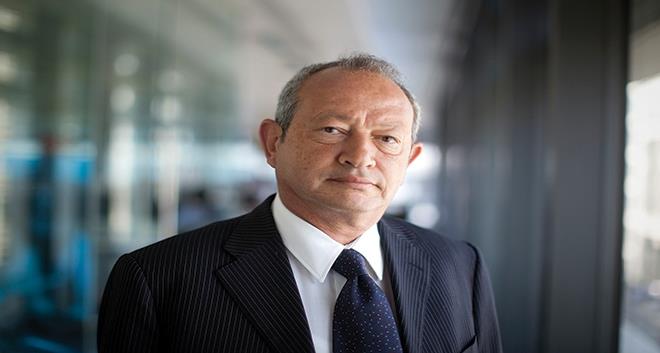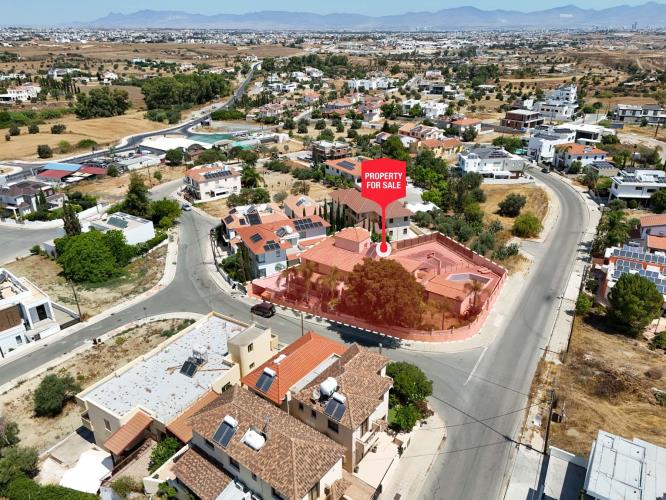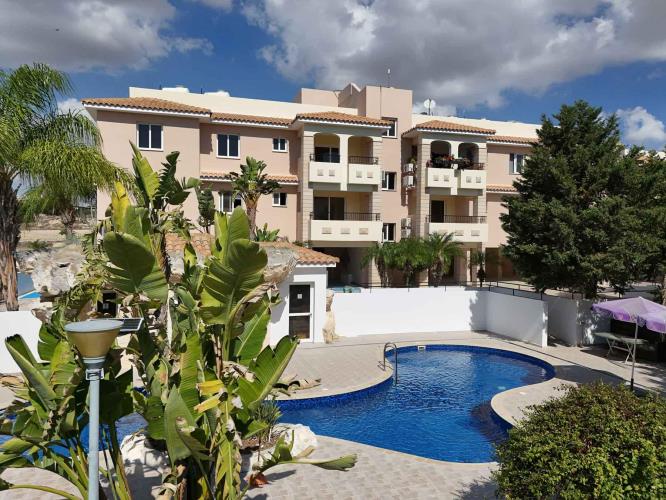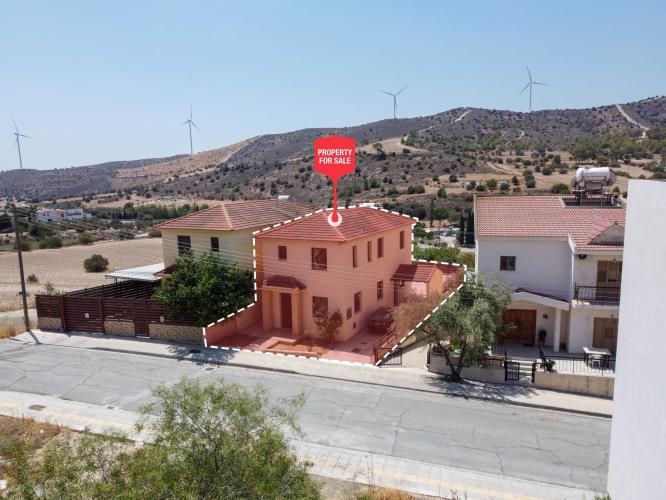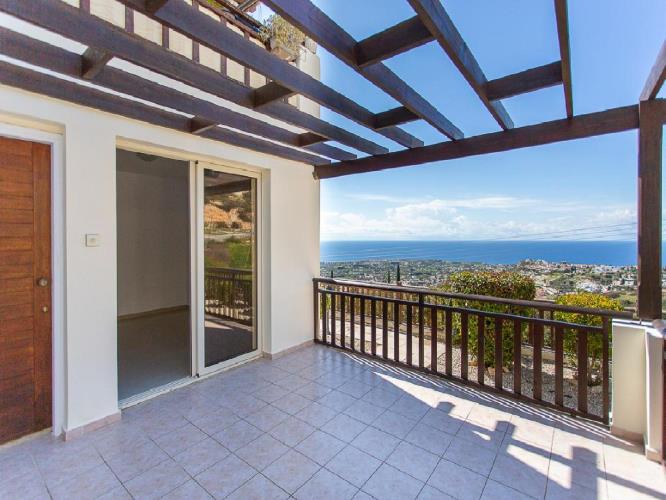By Voula Loizou
The Egyptian businessman Naguib Sawiris, listed in Forbes magazine as the 577th richest person in the world, with a personal wealth of $3.1 billion, made headlines around the world last year when he proposed buying a Greek island and to settle refugees fleeing the war in Syria there. In Cyprus, he is best known as the main strategic investor in the €220 million Makronisos Marina & Resort at Ayia Napa, through Gemini Real Estate, a subsidiary of the Sawiris family’s asset management firm Gemini. In an exclusive interview with Gold, conducted at his office in Cairo, he speaks about his business empire, his involvement in Egyptian politics and reveals why he decided to invest specifically in Ayia Napa.
Gold: You made headlines around the world last year when you proposed buying a Greek island and to settle refugees fleeing the war in Syria. Were you serious about it? What happened?
Naguib Sawiris: You’re not the first person to ask me this but we’re talking about people’s lives here. People were dying in the ocean and I made a very serious offer. I’m a very serious person and when I say I’m going to do something, I always mean it. Unfortunately I didn’t get the response I was hoping for. I met the Greek Prime Minister and offered to buy one of 22 islands – I showed him the list of the available ones whose owners I had spoken to and who were willing to sell. I asked him for three things: to tell me which one he preferred from a security point of view, to give his approval to take the refugees there and to provide assistance with the police and customs aspects of the operation. In the end, I received no help. My only motive was humanitarian. I was seeing people dying in the sea every day on TV. I could have changed the channel and ignored it but, to me, that is not a human response. We should all be asking ourselves what we can do to help. That’s what I did. Being in a position of having made money, I want to give something back. It’s as simple as that. And if Cyprus wants to do something about it and it gives me a piece of land, I am willing to build a place to house some of these unfortunate people.
Gold: Your country has been through very difficult times, especially in the past 5 years. You have had a greater involvement in Egyptian politics since 2011. How would you describe the experience?
N.S.: I’m very proud of my involvement. People think I opposed the Muslim Brotherhood because I am a Christian but it had nothing to do with religion. I opposed them because they were fascists; they used religion to gain power, they used democracy to become elected and then they abolished that democracy. Of course, I was also worried about the Christian community because with their approval, our churches were being attacked and burnt down.
Gold: Do you believe that the country is now returning to stability?
N.S.: It’s not returning to stability; it has already become a stable country once more.
Gold: When you were younger, was it always understood that you and your brothers would join the family business?
N.S.: No. I started on my own and I only joined my father later when I was successful and had my own money. He had always told me that I could go out and prove myself but he eventually said that he hoped I would join him and my brothers. In the end I agreed to work with him, on condition that I did my own thing. So I started my own department and it just grew from there. I started the railways division and became one of the biggest partners in Egyptian railways. That grew into a huge business but then I diversified into IT, representing all the major companies such as HP, Oracle, Microsoft and AT&T and, after that, into telecoms and mobile communications, which took the firm to a different level altogether.
Gold:Your father must have been very proud of you.
N.S.: The truth is that the best investment my father ever made was in his sons’ education. Each of us has been very successful – one of my brothers has one of the country’s biggest construction companies and the other set up a tourism development company. My project in Cyprus is more or less in his domain and I may connect it to his company one day!
Gold: How did you come to take an interest in Cyprus and the Ayia Napa Marina project?
N.S.: We Egyptians like to go to places that are not far away geographically and not far from our own heritage and culture either. Cyprus is very near and I find the environment and the culture is very similar to that of Egypt. The people are very welcoming and it’s a quiet, peaceful island. One of the things that strikes visitors to Cyprus is the tranquility. In addition, I have very nice memories of spending a whole month in Ayia Napa when I graduated – I was about 22 at the time. It was still quite new then but the beaches were amazing and there was an ‘invasion’ of Swedish, Norwegian and Finnish visitors. I had a very nice time! So, at a time when I was not very happy with what was happening in Egypt, I thought that Cyprus would be a good place to invest and my happy memories gave me the idea of investing specifically in Ayia Napa.
Gold: So it was an emotional decision as much as a business one?
N.S.: I like to call myself an investor with a heart, by which I mean that I won’t invest in places I don’t like just because I’m going to make a lot of money. I want to invest in a country where I’m happy and every time I land in Cyprus I feel happy. Of course, I understand that I decided to invest in Cyprus at a difficult time for the country, when the financial crisis was at its peak, and I also know as an investor that it’s always best to invest when things are bad and there’s not much competition because everybody’s scared, and the government is very willing to help you because the country needs the investment. It’s in my nature to go to places when others don’t but I’m very happy that I chose Cyprus. It was the best time for both sides.
Gold: Are you planning further investments in Cyprus?
N.S.: Right now, the answer is no although we are willing to expand the project and to look at other things we can do that can be connected to it. So there will be a marina, which needs management and sales staff, we are considering building a small hotel, so in a way the answer to your question is yes but, at this moment, any further investment for now will be related to the marina project.
Gold: Today, your Orascom Group is the biggest private sector employer in Egypt. Do you intend to keep growing or have you reached a point where you feel that the company is large enough for you to maintain control of it?
N.G.: If you’re ambitious, you never want to stop growing. We are an international group and people welcome us everywhere. I am the largest single investor in Italy, for example, with around €1 billion invested there. If the Ayia Napa Marina project in Cyprus is successful, we may move into other areas too. For example, if Cyprus is serious about the privatisation of Cyta, we would be very interested in becoming active in this sector in Cyprus. People often don’t like to shake up public companies but, personally, I am against public sector or government ownership of businesses.
Gold: As one of the world’s wealthiest men, you could live anywhere you choose. Have you never been tempted to move from Cairo to somewhere more peaceful or, alternatively, more exciting?
N.S.: You know, some people are all mind and no heart but I’m a very emotional person. I grew up here, all my friends are here, I speak the language and I love my people. Egyptians are kind and easy-going. And then the weather is so beautiful here, the country has a river running right through it, lending an air of tranquility, we have two seas – the Mediterranean and the Red Sea – and we have Luxor, Aswan, Sharm el Sheikh… I believe there is nowhere like Egypt, so why would I want to live somewhere else? I love it here. And Cyprus is only 40 minutes away so if I need a change I can always go there for the weekend!










